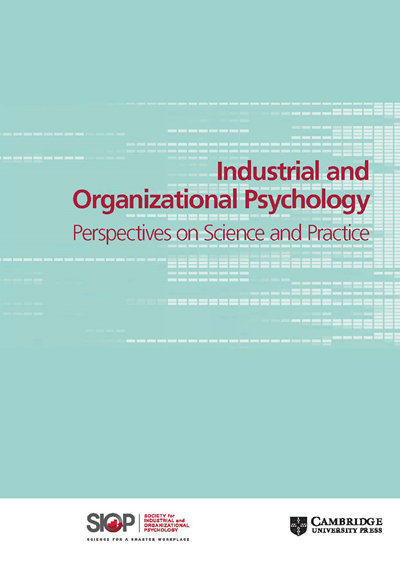工作场所神经非典型包容的背景案例
IF 4.3
3区 心理学
Q1 PSYCHOLOGY, APPLIED
Industrial and Organizational Psychology-Perspectives on Science and Practice
Pub Date : 2023-03-01
DOI:10.1017/iop.2022.108
引用次数: 1
摘要
我们相信,LeFevre-Levy等人(2023)的重点文章的读者将受益于将工作场所的神经多样性和更广泛的论据结合起来,在工业组织(I-O)心理学中追求和研究组织多样性。这通常被称为“工作场所多样性的案例”,从业者和学者们提出了各种各样的论点来为它辩护。在这篇评论中,我们采用van Dijk等人(2012)的标签(a)商业案例,(b)平等案例,(c)价值观和美德案例来讨论争论为什么应该追求组织多样性的方法。我们简要总结每个案例及其后果。这篇评论的目的是将LeFevre-Levy等人提出的关键点与每个论点联系起来,澄清正在推广的价值观,并确定谁可能(重要的是谁可能不会)受益。我们鼓励该领域考虑过度简化关于神经非典型个体及其在组织中的影响的主张的含义。在此过程中,我们希望进一步将LeFevre-Levy等人提出的重要观点置于背景中。本文章由计算机程序翻译,如有差异,请以英文原文为准。
Contextualizing cases for neuroatypical inclusion in the workplace
We believe that readers of the focal article by LeFevre-Levy et al. (2023) would benefit from aligning neurodiversity in the workplace and broader arguments for pursuing and researching organizational diversity in industrial-organizational (I-O) psychology. Often referred to as the “case for workplace diversity,” practitioners and scholars have offered various arguments in its defense. In this commentary, we adopt the labels from van Dijk et al. (2012) of (a) the business case, (b) the equality case, and (c) the values and virtues case to discuss the approaches for arguing why organizational diversity ought to be pursued. We briefly summarize each case and its consequences. The goal of this commentary is to connect the key points made by LeFevre-Levy et al. to each argument, clarify the values being promoted, and identify who may (and importantly may not) stand to benefit. We encourage the field to consider the implications of oversimplifying claims about neuroatypical individuals and their impact in organizations. In doing so, we hope to further contextualize the important points made by LeFevre-Levy et al.
求助全文
通过发布文献求助,成功后即可免费获取论文全文。
去求助
来源期刊

Industrial and Organizational Psychology-Perspectives on Science and Practice
PSYCHOLOGY, APPLIED-
CiteScore
7.70
自引率
10.10%
发文量
85
期刊介绍:
Industrial and Organizational Psychology-Perspectives on Science and Practice is a peer-reviewed academic journal published on behalf of the Society for Industrial and Organizational Psychology. The journal focuses on interactive exchanges on topics of importance to the science and practice of the field. It features articles that present new ideas or different takes on existing ideas, stimulating dialogue about important issues in the field. Additionally, the journal is indexed and abstracted in Clarivate Analytics SSCI, Clarivate Analytics Web of Science, European Reference Index for the Humanities and Social Sciences (ERIH PLUS), ProQuest, PsycINFO, and Scopus.
 求助内容:
求助内容: 应助结果提醒方式:
应助结果提醒方式:


